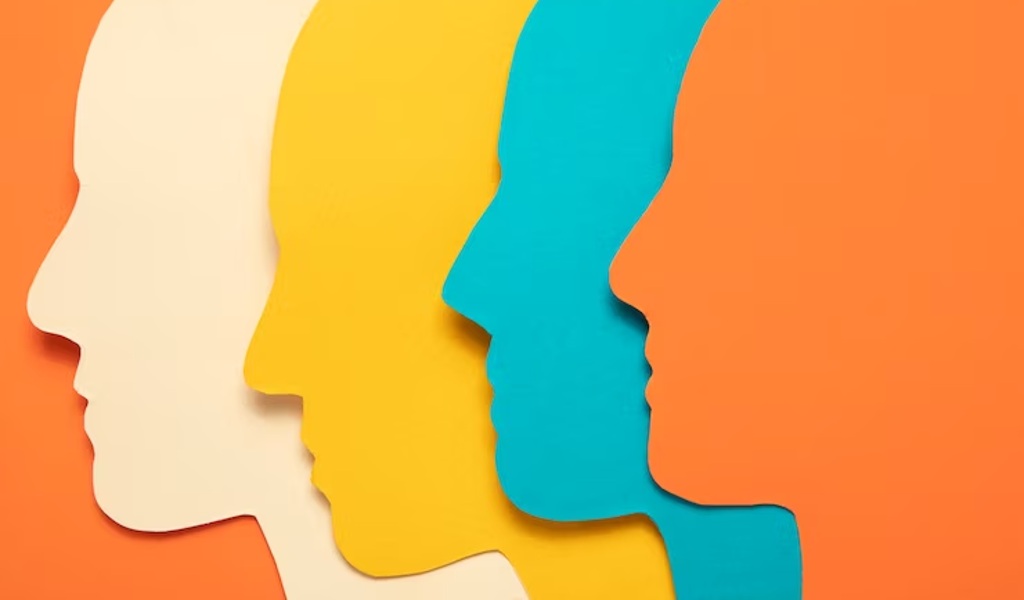An overview of eligibility and services for mental health conditions under the NDIS
Perhaps one of the most misunderstood (and frustrating) aspects of the NDIS, is understanding when and how the scheme can support people living with a mental health condition.
While the challenges around this issue are felt most by people struggling to access services, the issue is made worse by the fact that providers and health professionals also often report confusion over NDIS mental health eligibility and supports.
As always, there is no one-size-fits-all approach to the NDIS and mental health. Each person’s situation is unique, which needs to be taken into account when both submitting an NDIS application and utilising funding and supports. However, there are several key pieces of information (which we’ll cover in this article) that can make the process run more smoothly for everyone involved.
At SeenCare, we specialise in delivering NDIS services to participants in Melbourne with high medical needs.
While we are not a specialist mental health provider, we frequently work with people living with co-existing mental and physical health issues. This experience has made our team passionate about ensuring people with disability get access to all the supports and services they need to live a healthy and happy life – not just those associated with traditional ideas about disability.
If you would like to learn more about our unique model of integrated disability and healthcare supports, please contact us today.
NDIS and Mental Health: The Basics
Since the rollout of the NDIS, there have been ongoing reports of people with severe mental illness having difficulty accessing services of all types – not just NDIS funding.
Part of the cause was the fact that many of the services that previously supported people with persistent mental illness were defunded, with the expectation that these same people would be eligible for equivalent or expanded supports through the NDIS.
Unfortunately, this hasn’t been the experience of people living with serious mental illness.
The 2023 NDIS Review highlighted the ongoing challenges people with mental health issues face in accessing services. The review panel even went so far as to state, “The NDIS has not structured its processes or stewarded the provider market to support independence and personal recovery.”
Much of the difficulty (and confusion) in this area is due to the choice by the NDIS to use a new term to assess, understand and work with mental illness: Psychosocial disability.
What is Psychosocial Disability?
The NDIS defines psychosocial disability as “a term used to describe disability that may arise from a mental health issue.”
The key difference between the concept of psychosocial disability and how we usually talk about mental illness, is that it is entirely possible to have a diagnosed mental health condition and not experience psychosocial disability.
The NDIS states:
“Not everyone who has a mental health condition will have a psychosocial disability, but for people who do, it can be severe, longstanding and impact on their recovery. People with a disability as a result of their mental health condition may qualify for the NDIS.”
This new terminology has taken a bit of getting used to for everyone. But as we’ll describe next, mental health NDIS eligibility isn’t as complicated as it may initially seem.
NDIS Eligibility for Mental Health Conditions
The first (and perhaps most important) point to understand about NDIS mental health eligibility, is that there is no ‘early intervention’ or ‘automatic approval’ based upon a diagnosis.
There are no mental health conditions in the NDIS list of conditions that are likely to meet the disability requirements. As a result, each applicant must establish their eligibility based on their own unique situation.
The good news is, it is entirely possible to get approval for NDIS funding for psychosocial disability. In fact, people with psychosocial disability are the fourth largest primary disability group in the NDIS, making up a total of 10% of all participants.
The key to establishing NDIS for mental health eligibility is paying close attention to the eligibility and supporting evidence requirements when submitting an NDIS application.
Demonstrating Functional Impairment
Presuming a person has a mental health condition and meets the general NDIS eligibility criteria, there are three other important steps to cover. These differ a little from each other, but may be broadly thought of as ‘demonstrating functional impairment’.
1. Establish Psychosocial Disability
Firstly, it’s important to think in terms of psychosocial disability and how the NDIS views mental health. Remember, it’s not enough to have a diagnosed mental health condition. You must also explain how your mental health diagnosis causes permanent impairment.
While the NDIS acknowledges that mental health conditions can fluctuate, they will only approve funding when a significant ongoing impairment can be demonstrated.
So, for example, a person who has struggled with severe depression on and off for years would be unlikely to meet the NDIS mental health eligibility criteria, based on not having a permanent impairment. However, someone whose depression has been so severe that they have been consistently unable to attend to the basics of daily self care and maintain their home for several years straight, might be eligible.
2. Detail Functional Impairment
The next step is to explain exactly how your mental health condition impacts your daily functional capacity.
To explain this, it can be useful to consider some of the main life skills areas and see which are most impacted by your mental health condition.
The 6 main life skills areas are:
- Communication
- Social interaction
- Learning
- Mobility (getting around)
- Self-care
- Self-management (organising, planning and decision making)
NDIS mental health eligibility is based on demonstrating “substantially reduced functional capacity” in any of the above areas. So focus on the things that are difficult to do at all independently, rather than those that might just take a little longer or require you to do things differently.
3. Provide Adequate Evidence
Finally, when applying for NDIS eligibility for mental health, you will need to provide evidence of your psychosocial disability and functional impairment.
If possible, this is best coming from a mental health professional, such as a psychiatrist, psychologist, occupational therapist, case manager or anyone else who might have worked with you around your mental health condition.
The NDIS recommends the mental health professional complete a formal functional assessment, such as the Life Skills Profile 16 (LSP-16) or the World Health Organisation Disability Assessment Schedule (WHODAS).
Further information about mental health NDIS eligibility, including a downloadable copy of the Evidence of Psychosocial Disability form is available on the NDIS website.
Common Supports for Participants with Psychosocial Disability
There are no limitations around what supports a person with NDIS for mental health funding can access.
Generally, mental health NDIS funds are granted for things not involving mental health treatment, such as:
- Support with activities of daily living
- Assistance to participate in the community
- Improving life skills and independence
NDIS mental health supports might assist a person to organise and attend appointments with mental health professionals. But in most cases, the treatment itself (eg, seeing a psychiatrist) would not be funded.
However, it’s worth keeping in mind that many of the services provided by mental health professionals can be considered non-clinical in nature, and therefore potentially funded by the NDIS. For example, an occupational therapist or social worker might assist with things like building independent living skills and establishing links with the community.
Psychosocial Recovery Coaching
An additional service option we recommend all participants ask about in their planning meeting is psychosocial recovery coaching.
A psychosocial recovery coach is a mental health NDIS funded worker who has mental health knowledge. Some people think of them as like a cross between a support worker and counsellor. Many psychosocial recovery coaches have lived experience of mental illness themselves.
A few things a psychosocial recovery coach can help with are:
- Helping you find out about relevant services and supports
- Spending time with you to ensure you are heard and understood
- Assisting you to access mental health services
Toward an Integrated View of Disability
At SeenCare, because our team is made up of staff with experience across the healthcare and disability sectors, we understand how integrated and well connected care can improve health and wellbeing for people with disability.
While we specialise in working with participants with high medical needs, assisting our clients to access the right mental health supports is a crucial part of our regular work.
To learn more about our unique model of integrated care, where support workers, home nurses and bulk-billing GPs work hand-in-hand with participants, please contact one of our friendly team members today.












